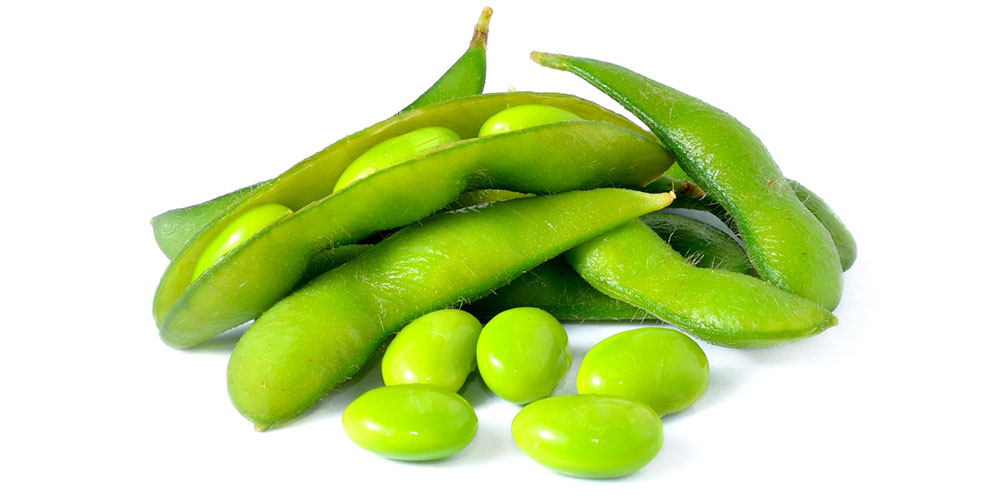- PHYTATES
Phytates bind to minerals present in soy and prevent absorption of iron, calcium, magnesium, and zinc in the human body, making soy nutritionally insignificant
- LECTINS
Lectins, nature’s own pesticides, are abundant in soy. Lectins are known to damage our gut barrier cells and cause intestinal permeability. Leaky gut promotes consistent low-grade inflammation and is the first stage in the development of autoimmune and chronic diseases like rheumatoid, lupus, IBS, Crohn’s, colitis, thyroiditis, etc.
- SAPONINS
Saponins are antinutrients capable of destroying cells by creating holes in their membranes and, once in the bloodstream, causing further damage to red blood cells. The net effect of their activity is a compromised gut barrier and inflammation leading to disruption of the immune system
- TANNINS
Tannins present in soy belong to a class of polyphenols that reduce protein digestibility and bind to iron and other minerals causing their malabsorption
- PROTEASE INHIBITORS
Polyphenols found in soy also prevent our gut enzymes from breaking down the proteins into amino acids causing secretion of the enzyme Trypsin in excessive amounts. The elevated level of Trypsin triggers loosening of the cell tight junctions allowing toxins and bacteria to enter the bloodstream, provoking an immune response and inflammation.
- ISOFLAVONES
Isoflavones are particularly troublesome antinutrients in soy as they mimic female hormones in our bodies. In fact, the other name for isoflavones is phytoestrogens. Their role in the development of goiter, a thyroid enlargement, and impairment of iodine metabolism is well documented. Some women may also suffer irregularities in cycles and fertility issues after being exposed to Isoflavones over a period of time.
- GLYCOSIDES
Glycosides are behind iodine malabsorption leading to thyroid enlargement, known as goiter and, in people of Mediterranean descent, may cause ruptures of red blood cells due to their genetic predisposition.
- OLIGOSACCHARIDES
Oligosaccharides are complex sugars in soy that many of us have a problem digesting because we lack enzymes needed for their breakdown. Undigested carbs are consumed by bad bacteria that metabolizes it into gas, causing digestive discomfort.
- GMO
95% of Soy is GMO, which makes it the most genetically modified crop on the planet. As Natural News reported, GMO Soy consumption may lead to liver damage and toxemia. Many severe allergies are also attributable to genetic altering.
- RESIDUAL HERBICIDE TOXICITY
After being generously doused with highly toxic glyphosate during the growth cycle, soybeans find their way to the food supply chain, where they are processed with traces of remaining glyphosate known to disrupt gut flora, cause IBS, kidney disease, infertility, and cancer.
Sapiens Paleo Kitchen is 100% Soy Free







